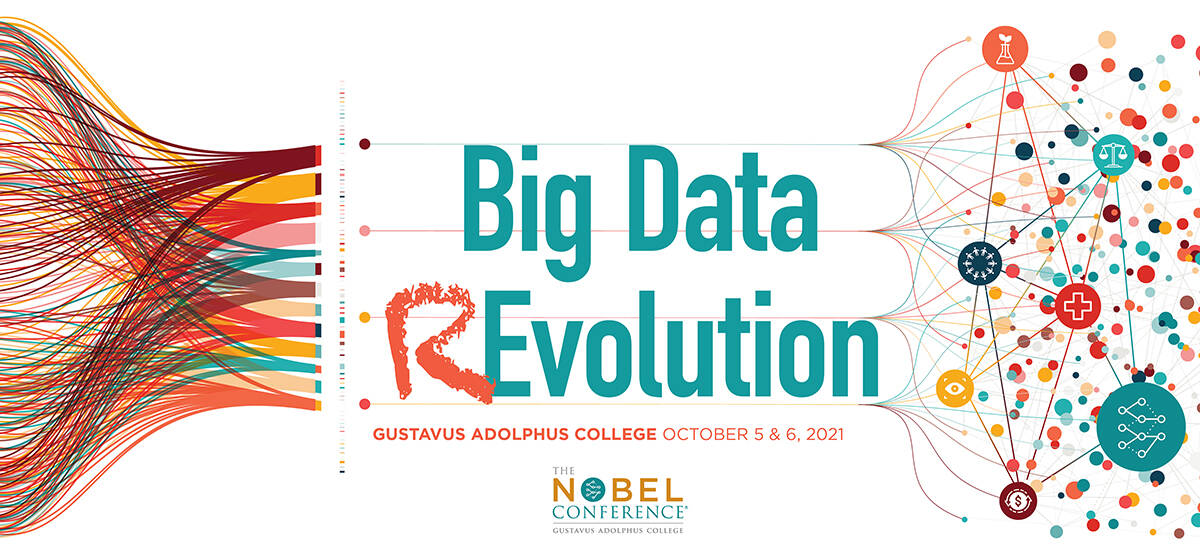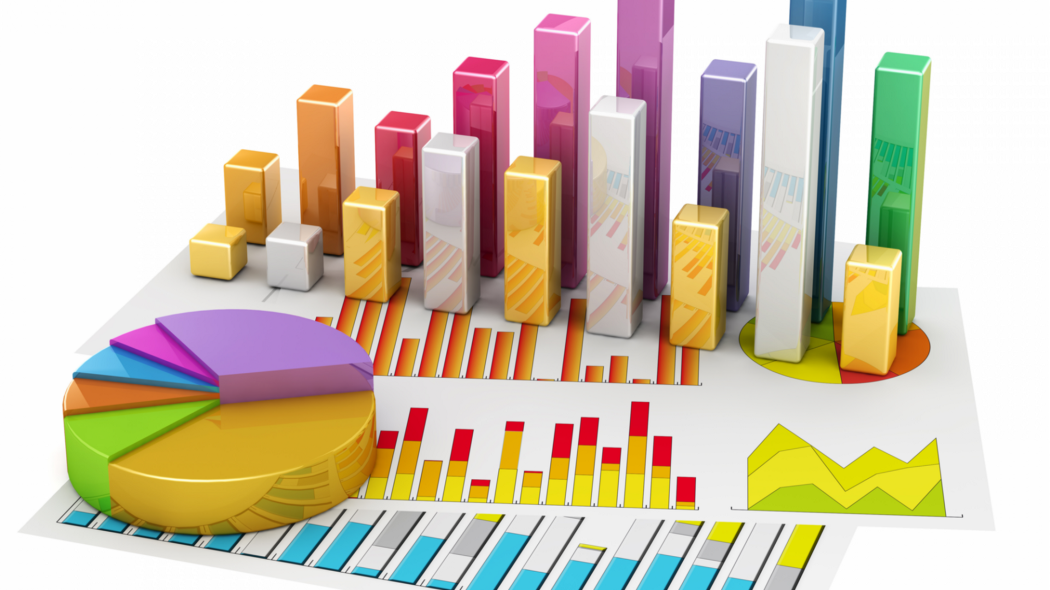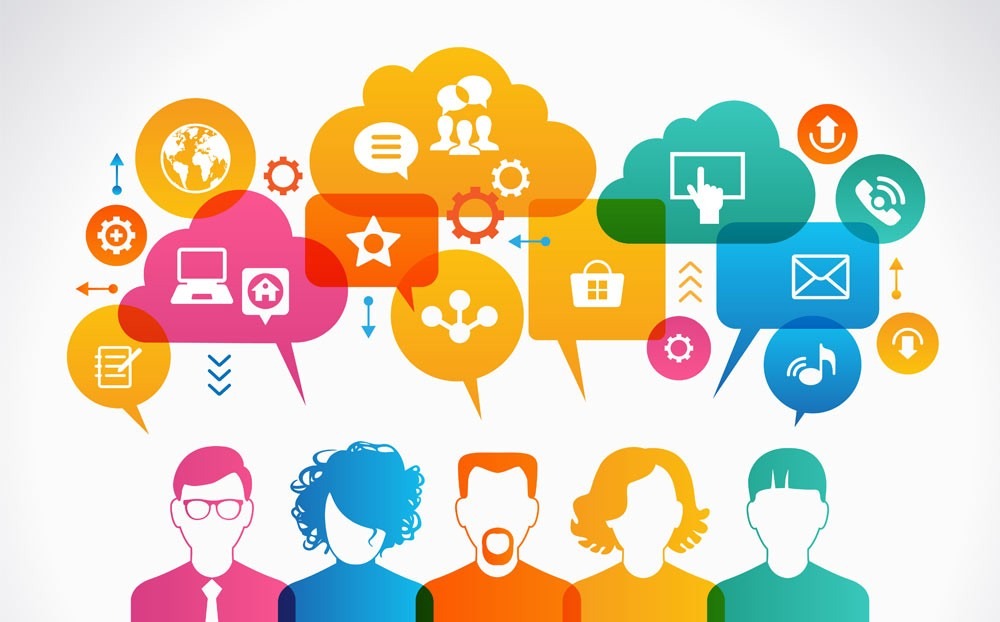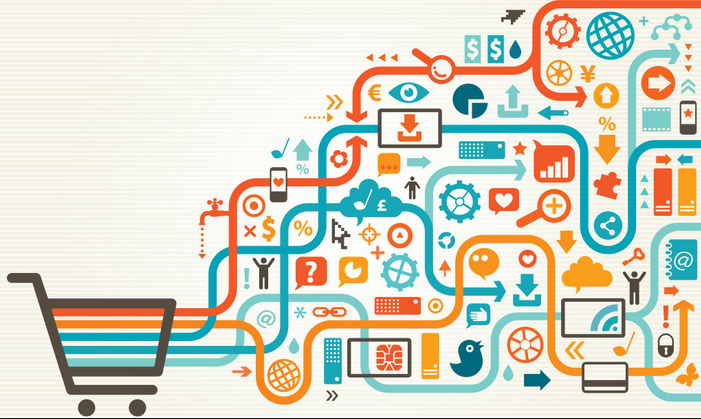Data & StatisticsNobel Conference 57 | Resources
"Big data" is a phrase coined to describe digital data sets that are so enormous they can’t be processed using traditional means. Typically this involves data sets much larger than any that could be stored on a standard home computer, though size alone isn’t what defines big data--it’s having the “three V” characteristics: volume, velocity, and variety. Big data sets are large, ever increasing in size, and complex. Such data sets can only be stored and analyzed with specialized computer systems and programs designed to handle their complicated interconnectivity, and to extract patterns and meaning from otherwise impenetrable information.
What is Big Data? This video provides a summary of the basic of Big Data summarized in 5 minutes.
Why "Big Data" is a Big Deal A Harvard Magazine look at the way data science is transforming academic disciplines and industry with its powerful tools of analysis and prediction.
How Big Data and AI Work Better Together This article from Forbes magazine explains how big data and artificial intelligence work together.
Where is Important Data Stored? This article from The New York Times explains the basics of data storage.
Big Data|TED Talk This 6-minute video by Tim Smith is an animated video that gives a good overview of the basics.
What is a Data Scientist? This article from The Observer focuses on the person who coined the term "data scientist," and explains what such a person does.
Why Are We Using Black Box Models in AI When We Don’t Need To? A Lesson From An Explainable AI Competition
This article from Harvard Data Science Review, is co-authored by Nobel Conference presenter Cynthia Rudin.
Stop Explaining Black Box Models Another opinion piece on the same topic by Rudin, this one from the journal Nature Machine Intelligence.







